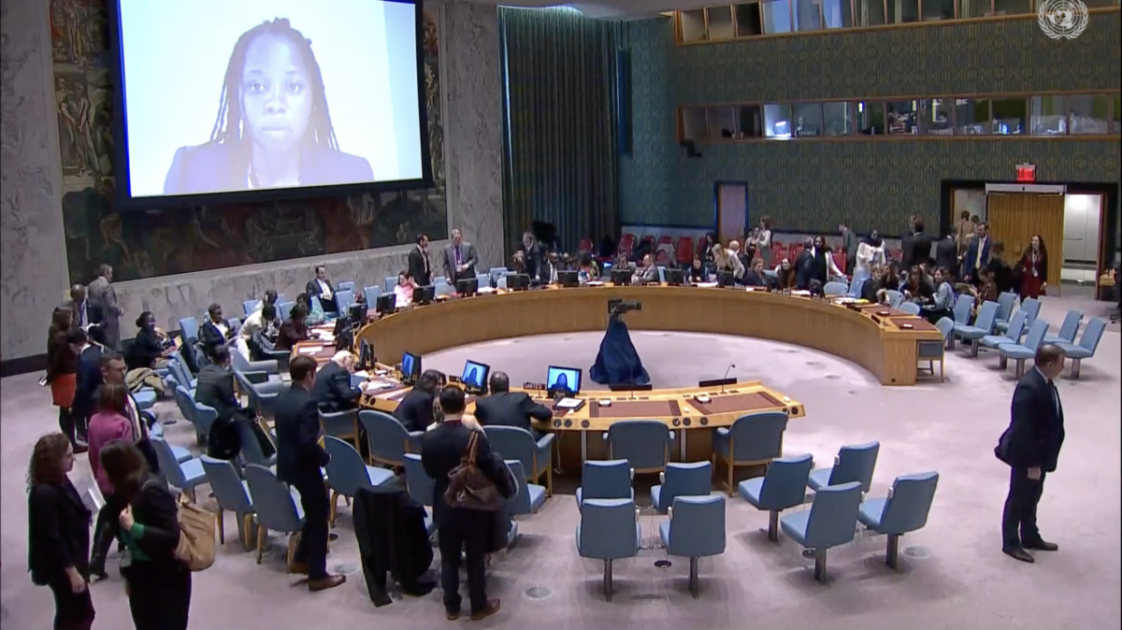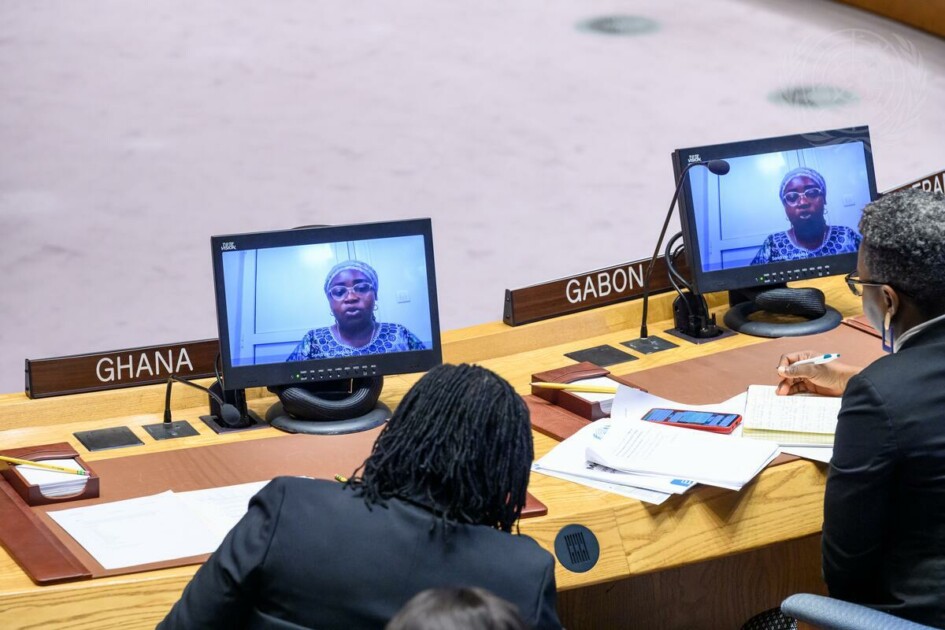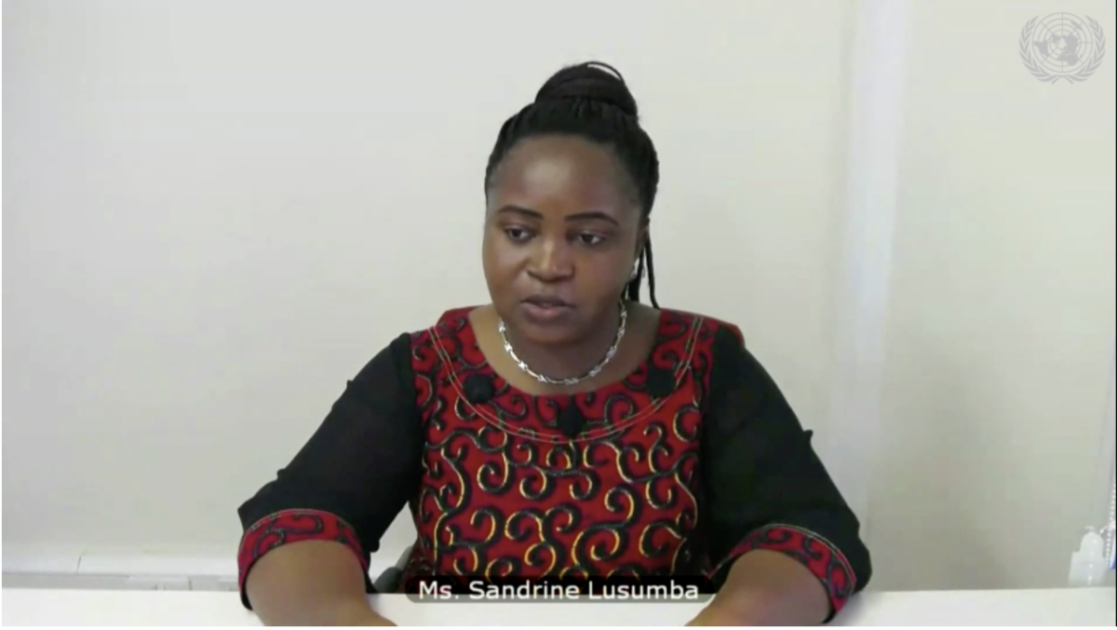Democratic Republic of the Congo
Women in the Democratic Republic of Congo continue to face widespread sexual violence, disease, and displacement in conflict situations arising from clashes between dozens of armed groups. Often, sexual violence and rape are used as terror tactics and weapons of war, and despite the ratification of the Convention on the Elimination of All Forms of Discrimination against Women (CEDAW) and the Women’s Platform for the Peace, Security and Cooperation Framework, women are still largely underrepresented in peacebuilding efforts. Additionally, women activists face rape as a form of torture by government actors who disagree with their political activity. The United Nations Organization Stabilization Mission in the DRC (MONUSCO) aims to provide protection for civilians, including reducing the threat of armed groups perpetrating sexual and gender-based violence, monitoring and reporting on sexual violence and ensuring women’s participation in stabilization and national political dialogue.
Democratic Republic of the Congo
Women in the Democratic Republic of the Congo continue to face widespread sexual violence, disease, and displacement in conflict situations arising from clashes between dozens of armed groups. Often, sexual violence and rape are used as terror tactics and weapons of war, and despite the ratification of the Convention on the Elimination of All Forms of Discrimination against Women (CEDAW), and the Women’s Platform for the Peace, Security and Cooperation Framework, women are still largely underrepresented in peacebuilding efforts.
Additionally, women activists face rape as a form of torture by government actors who disagree with their political activity. The United Nations Organization Stabilization Mission in the DRC (MONUSCO) aims to provide protection for civilians, including reducing the threat of armed groups perpetrating sexual and gender-based violence, monitoring and reporting on sexual violence and ensuring women’s participation in stabilization and national political dialogue.
Current and Past Recommendations to the UN Security Council (Monthly Action Points)
In its discussion of the situation in the Democratic Republic of the Congo (DRC) and implementation of the 31 December 2016 Agreement, the Security Council should ensure it discusses women’s participation in political processes. The information provided by the Secretary-General on the extent to which women are engaged in implementing the political agreement has been non-existent in recent updates (S/2018/128, S/2017/963), despite the fact that women’s participation in the political process is repeatedly emphasized as imperative to ensuring a successful election, and should be addressed as part of broader efforts to implement the WPS agenda (CEDAW/C/COD/CO/6-7). Civil society organizations (CSOs), including women’s groups, have raised significant concerns regarding the newly signed electoral law, which contravenes the full parity enshrined in the Constitution and could result in indirect discrimination because of the associated fees and experience requirements. In addition, women faced several challenges when registering to vote, including documented cases of rape by national police force officers assigned to registration centers (S/2017/824). Accordingly, the Council should take steps to ensure women have access to polls on election day, this includes addressing security threats.
Relevant Resources









